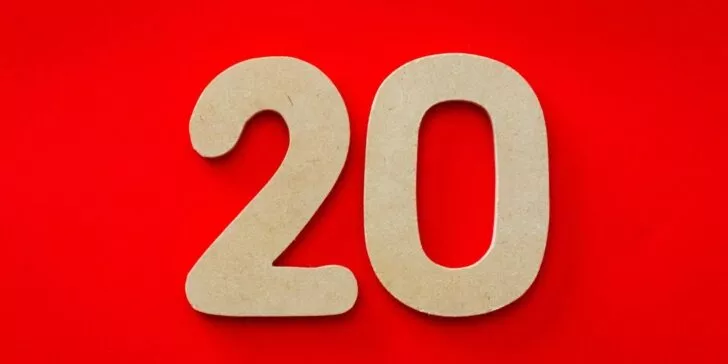At the end of a run recently, I came across another runner who was sprinting up a hill and walking down it, over and over. We had a conversation about “fartleks” and “slow-twitch” and other terms that sound vaguely rude to me but mean things to Real Runners. So later, I went to look them up.
But here’s the thing. I automatically chose the Wikipedia result. I used to look more carefully at search results, but increasingly, I just look for the Wikipedia entry. I don’t think I’m alone in this.
Does that mean that I’m – we’re – losing faith in individual experts in favor of the wisdom of the masses?
And if we are, what does that mean?
It worries me in two different ways.
The first problem is in the cause. I go to Wikipedia not because it’s the best, but because it’s likely to not be the worst. It can be hard to figure out whether a search result is really an expert source. Wikipedia is imperfect, but it’s at least got some basic review mechanisms. So this phenomenon is being caused by us searching not for the best source, but by a pretty good one that we can at least probably trust more than some others. Talk about damning with faint praise.
The second problem is in the effect. What’s the drive to learn anymore, if there’s no interest in becoming an expert – and if the answers already exist somewhere out there for the finding? Who’s going to want to become the person who knows more about 17th-century Welsh emigrants? We need more than a Wikipedia entry. We need stories. We need people who really know things.
I’m not usually down on the internet, but this thought was really startling to me. Am I making something out of nothing, or do you see this phenomenon as something worrisome too?


Comments are closed.